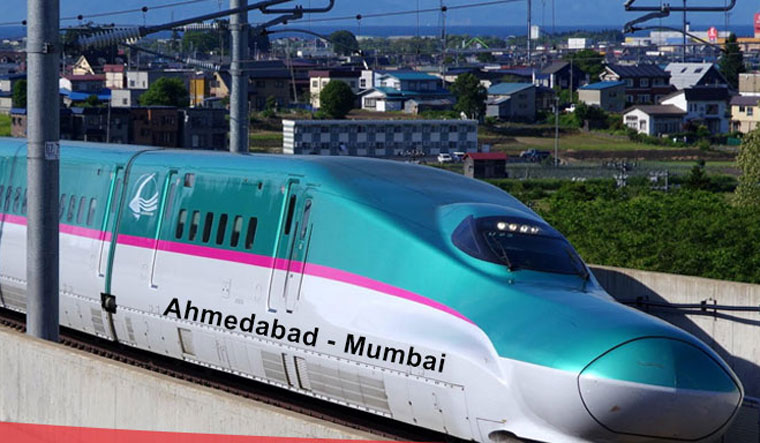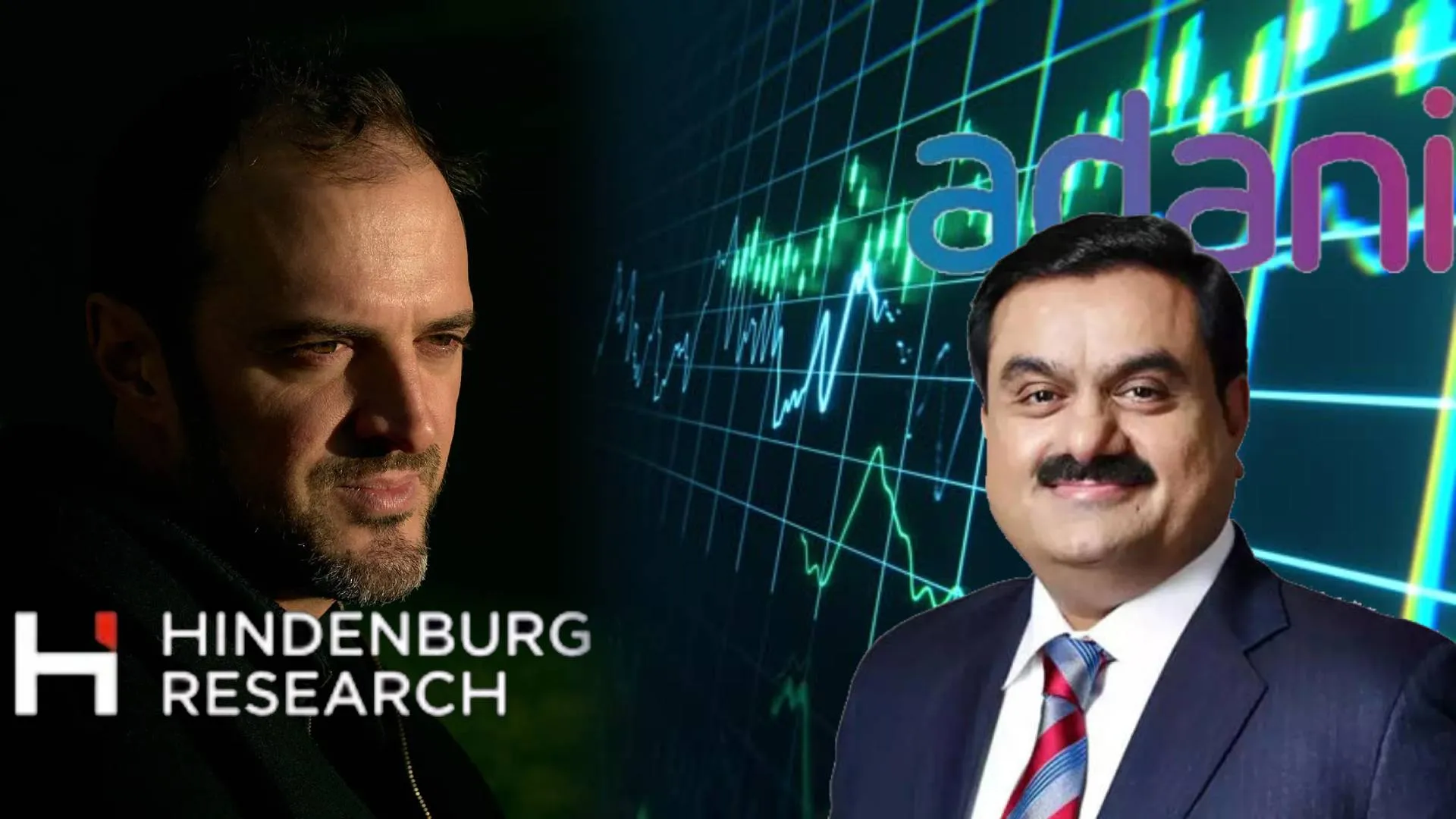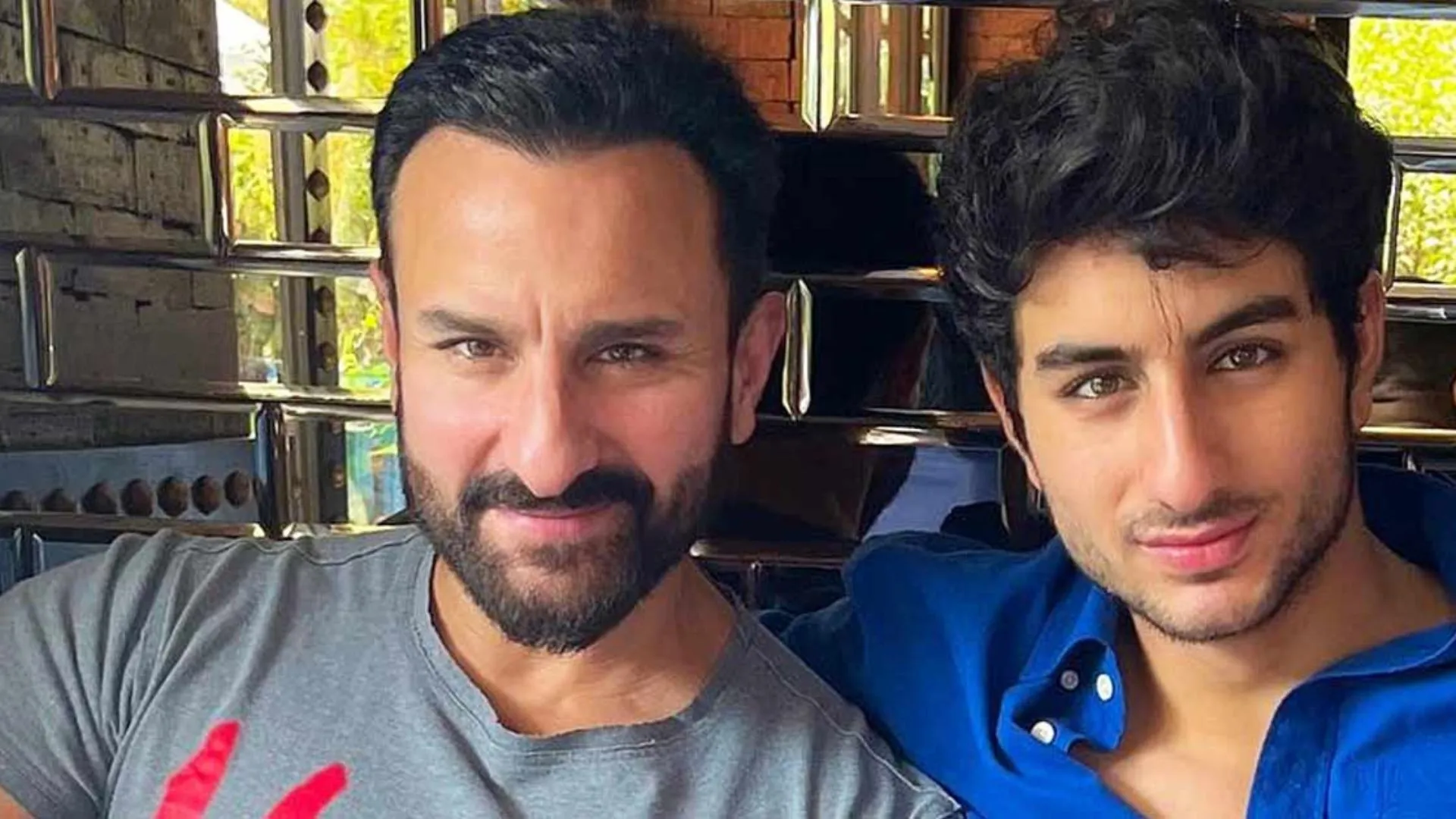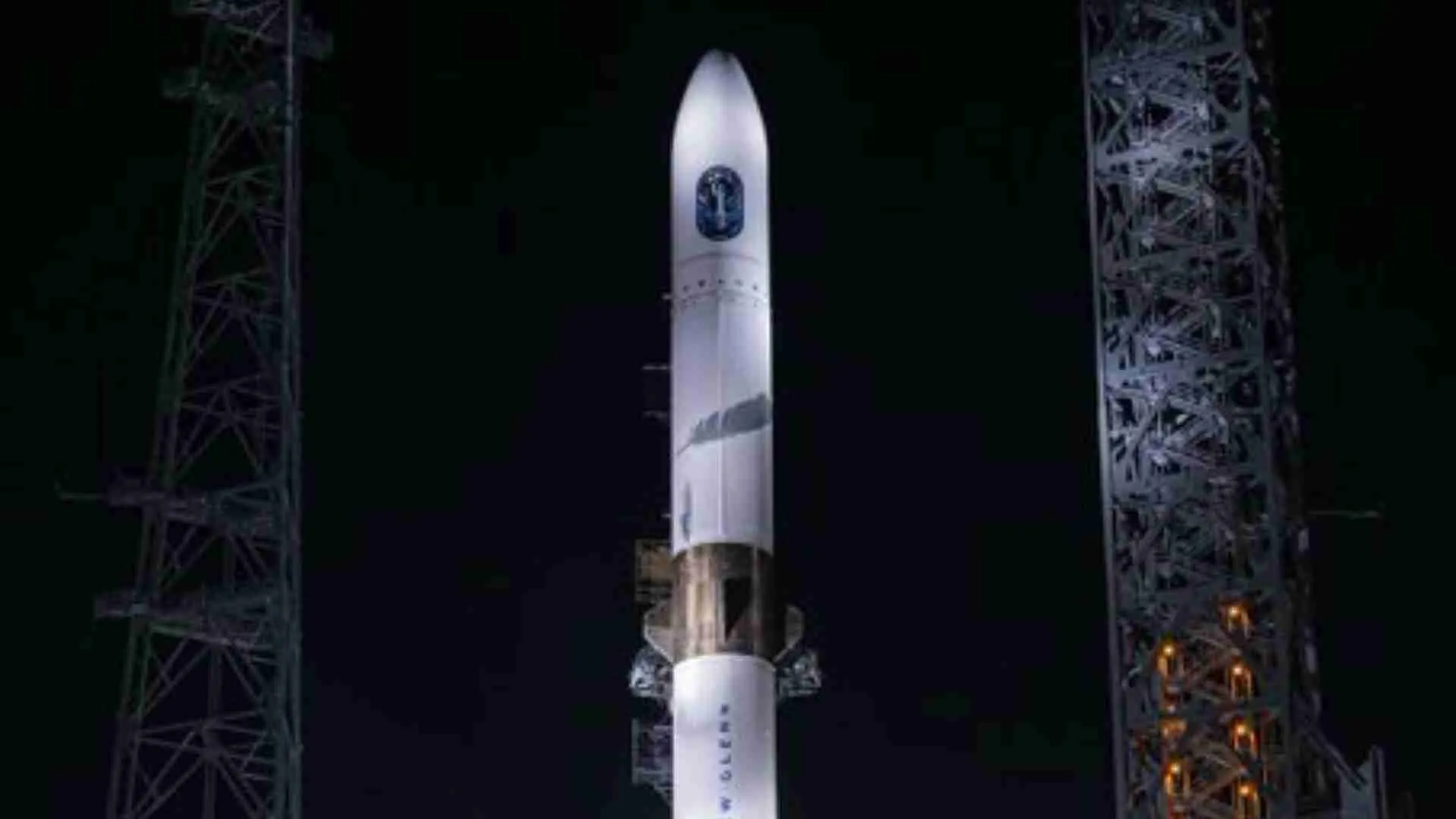Expressing satisfaction with the ongoing Ahmedabad-Mumbai bullet train project, the Chief Representative of JICA India, Saito Mitsunori, said that the PM Gati Shakti plan has accelerated public works in the country.
Mitsunori also expressed Japan’s interest in enhancing India’s border road networks and participating in the transnational power transmission project with Bhutan, Nepal and Bangladesh.
‘’Once the project concept is in the pipeline, meaning the official preparatory route within the government, clarity is there, and everybody is able to assess and monitor progress …. So, that has helped a lot in accelerating public works in this country,’’ Mitsunori said.
The JICA India chief mentioned that the situation has improved a bit, as earlier it took years to get clearance from the local authority, causing project delays and cost overruns. Japanese funding agency JICA has been the funding partner of India’s several multi-billion infrastructure projects such as metro projects in Chennai, Ahmedabad and Delhi and several other projects across sectors such as rural development and education. The government launched the PM Gati Shakti Plan in 2021 to provide multimodal connectivity infrastructure to various economic zones.
Speaking about the progress of the Ahmedabad-Mumbai High-Speed Corridor project, the Chief Representative of JICA said that the agency is excited to see work on all sections started. The Japanese official said that all uncertainties about the project have been removed.
“We are really excited to see the work on all sections, such as Ahmedabad to BKC in Mumbai. The big change was on July 22 when the Maharashtra government decided to start tendering works within the state… The undersea tunnelling work between Mumbai and Thane has started. We are very much satisfied with the rapid and steady progress of the project,” he said.
The JICA India chief also mentioned that besides the northeastern region, the agency is keen to partner in building quality and resilient border roads in the Himalayan region.
“It was unfortunate that a tunnel accident happened in Uttarakhand (Uttarkashi) because the work started before we finalized our technical guidelines. I really hope that our knowledge transfer will expand to every corner of society so that India has a more resilient road and transport network, including border areas,” Mitsunori said.
JICA has also expressed keen interest in funding power transmission projects connecting Nepal and Bhutan with Bangladesh.
‘’We are quite keen to get engaged with regional countries in developing infrastructure projects. We are very keen to see what we could possibly do for power connectivity networks. A quite intensive discussion is underway with Nepal and Bhutan. They have agreed to bring Nepal’s power to Bangladesh and from Bhutan to Bangladesh. India should be an indispensable partner in these projects,” Mitsunori said.
However, the Japanese official expressed a little disappointment over the slow decision-making process in trilateral and multilateral frameworks for power projects.
‘’When you look at the long perspective in the whole region, it will be much more wonderful if countries get connected and power is shared or utilized in a more efficient manner. So, we are very keen to start discussions with the Government of India for doing this kind of joint initiative,” he emphasized.
India and Nepal have officially signed an agreement for the export of 10,000 megawatts of electricity from Nepal to India over a span of 10 years during Minister of External Affairs S. Jaishankar’s visit to Kathmandu in the first week of January.
On Saturday, Kul Man Ghising, the Managing Director of the Nepal Electricity Authority, mentioned that Bangladesh has submitted a draft Request for Proposal to Nepal.
Ghising said that the decision on the proposed tariff is anticipated to take 10 to 15 days. Once an agreement is reached on the tariff, Nepal, Bangladesh, and India are poised to sign a tripartite agreement, marking Nepal’s inaugural power export to Bangladesh.

















